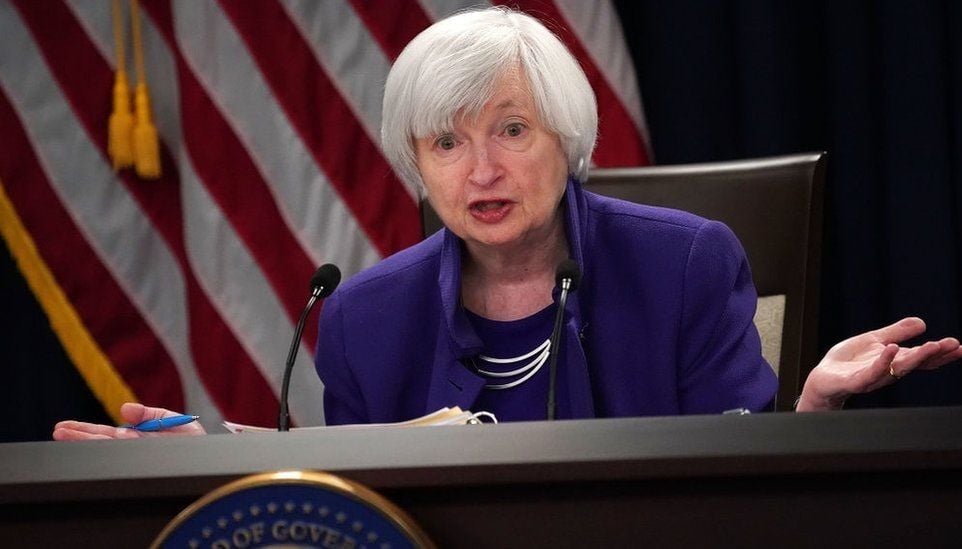Yellen urges China to reconsider state-driven economy due to investment deterrence

US Treasury Secretary Janet Yellen urged China to deviate from its state-driven economic policy, citing the deterrence it creates for investors. Speaking at the US-China Business Council’s 50-anniversary dinner in Washington, Yellen highlighted the stifling effect of an overbearing role for state-owned enterprises.
US businesses have repeatedly voiced their concerns about the perceived unfair Chinese business environment, including limited intellectual property protection and bias towards domestic companies. This year, apprehensions escalated due to a clampdown on US consulting firms operating in China, prompting Washington to advocate for a predictable business landscape and equal competition.
Referencing a recent survey by the US-China Business Council, Yellen pointed out that firms are reassessing their investment strategies – a development that should worry Beijing. The survey revealed an increasing number of companies planning to relocate some operations away from China in this year, marking the highest rate since 2016.
Yellen suggested these trends could incentivise China to implement structural reforms. American workers and firms have long been disadvantaged in competing with those in China due to unfair economic practices, she said. These practices range from non-market tools and barriers to foreign firms’ access to coercive actions against American companies.
While outlining the priorities for US-China economic ties in the coming year, Yellen acknowledged the persisting challenges. She clarified, however, that the aim is not to resolve all disagreements or prevent all shocks, but rather to foster resilient communication. This approach would help prevent misunderstandings from escalating and causing harm when disagreements or shocks arise.
Over the years, tension between the two nations has escalated, with disagreements over issues like human rights and export controls. However, President Joe Biden’s administration has made efforts to ease the tension. High-profile visits to China by Secretary of State Antony Blinken, Yellen, and Commerce Secretary Gina Raimondo have taken place, and in November, Biden and Chinese President Xi Jinping held an in-person summit, agreeing to restore military communications.
Global Community
In their respective letters read out at the dinner, Biden and Xi highlighted the global community’s expectation for US-China cooperation on issues like climate change and the promising future for greater economic cooperation.
In her upcoming visit to China as Treasury chief, Yellen plans to discuss difficult areas of concern. The US will maintain its commitment to clear communication on issues like outbound investment restrictions and continue to press China on national security issues. Other priority areas encompass seeking clarity on China’s economic policies and increasing exchanges between financial regulators and in climate cooperation.








